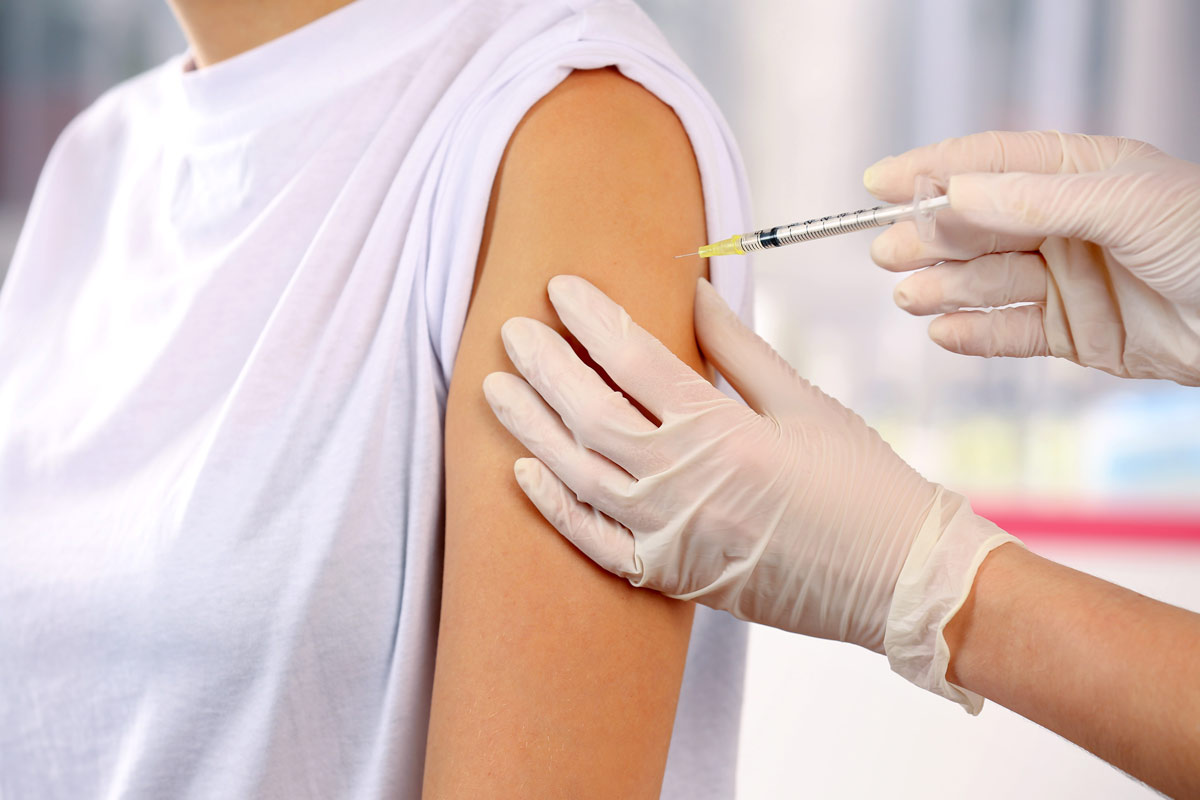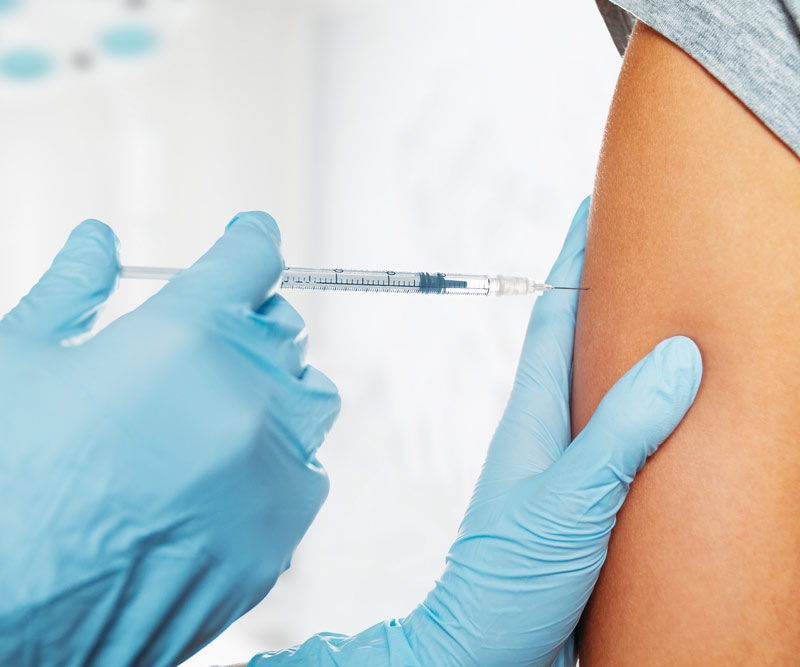
Good Health Isn’t a Long Shot, if You Get Vaccinated
Some things from childhood should remain in the past: Braces. Acne. That awkward haircut your mom gave you in the fifth grade …
It used to be that chicken pox, measles, mumps and whooping cough could be included on that list, but recent years have witnessed a rise in cases of these "childhood diseases" in adults.
If you caught these diseases as a kid, you probably won't get them again. But, if you were lucky enough to emerge from the schoolyard uninfected, you run the risk of getting sick now.
Unlike the return of acid-washed jeans and chunky statement necklaces, you can prevent these diseases from making a comeback. Your best bet? Get immunized.
How Vaccines Protect Your Health
Immunizations, or vaccines, expose your immune system to killed or weakened versions of harmful germs, allowing your body's natural defenses to build up protection before you're infected with disease-causing bacteria or viruses.
You are probably familiar with the immunization schedules for young children and teens, but many healthy adults forget they need shots, too.
By getting vaccinated, not only are you protecting yourself against dangerous diseases, you're ensuring immunity throughout your home and neighborhood. This can protect infants, older adults and others who may be at higher risk of complications from vaccine-preventable diseases like the flu.
Vaccination Schedules for Different Age Ranges
Each year, the Centers for Disease Control and Prevention (CDC) provides its recommended immunization schedules for infants, children and adults:
- 2025 Recommended Immunizations for Birth Through 6 Years Old
- 2025 Recommended Immunizations for Children 7–18 Years Old
- Recommended Adult Immunization Schedule for ages 19 years or older
The CDC also provides a detailed overview of vaccines recommended to adults.
If you have questions or concerns, consult carefully with your primary care physician about the benefits and risks of vaccines for you.
Published on: April 21, 2025




